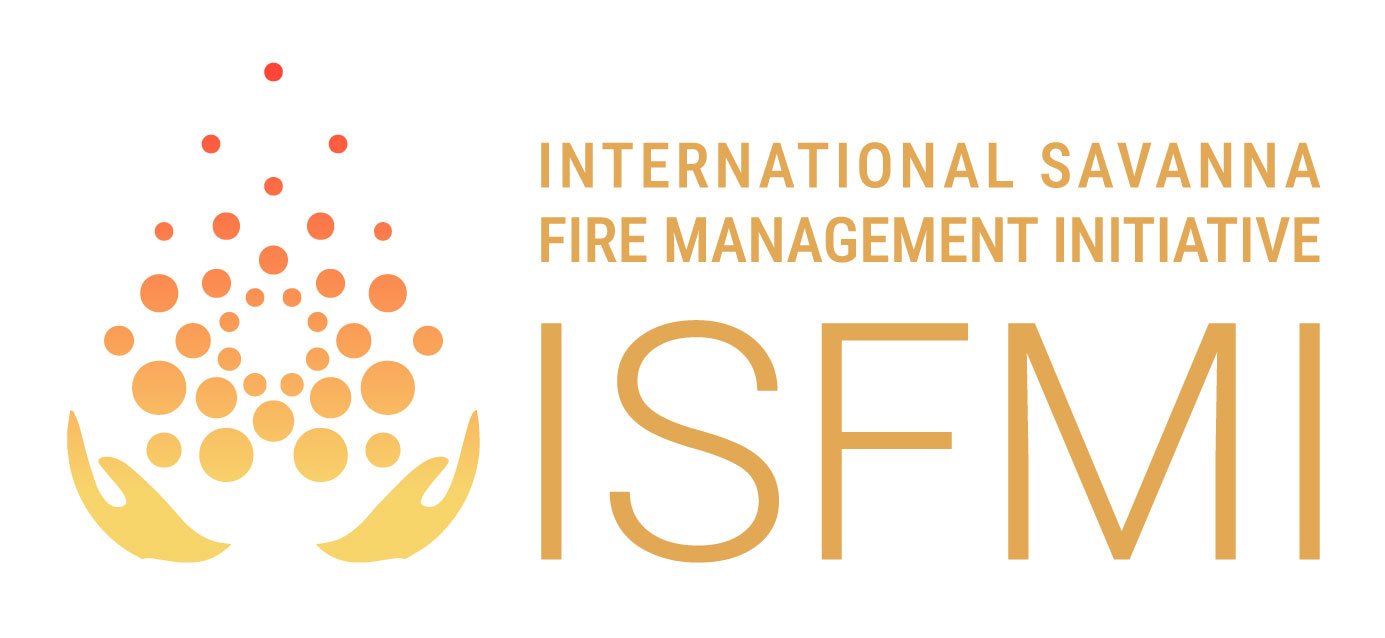
About our projects
Indigenous and local community led fire management projects involve not only revitalising Indigenous and traditional fire management practice but realising and measuring the benefits for climate, biodiversity and communities.
Depending on a range of factors, Indigenous and local community led fire management projects can be supported through engagement in carbon markets, or through other means such as direct corporate funding or access to public or philanthropic assistance.
In most cases, initial financial assistance and external expertise is required in order to establish the local scientific methodologies, the monitoring, reporting and verification (MRV) technologies and systems, business and governance frameworks, regulatory environment, human capacity, and market opportunities that support Indigenous and local community led fire management projects.
As well as engaging in global advocacy to support countries to build enabling environments for Indigenous fire management, the ISFMI model is to partner with governments, project developers and communities to provide the support required until there is a national enabling environment in place and communities have reached the point that they are operating sustainable, community owned and led fire management projects. ISFMI will work only where there is national support and strong, independently expressed demand at the community level, with robust Free, Prior and Informed Consent protocols in place.
Where we work
The ISFMI aims to support Indigenous Fire Management wherever Indigenous communities wish to revitalise their Indigenous fire management practice.
ISFMI focuses not only on areas where Indigenous and local community led fire management projects funded through carbon markets would be possible and profitable for communities, but also where independent financial profitability would be less likely, but where revitalisation of traditional fire management practice would in any case benefit climate, biodiversity and communities.
Following a global feasibility assessment, a methodology based Indigenous Fire Management approach, similar to that in use in Australia, has been shown to be applicable across the savanna and tropical dry forest landscapes of Southern Africa, Asia, and Central and South America. These are the current ISFMI priority regions.
Notwithstanding the established feasibility of the technology in these ecosystem types, Indigenous communities from many other regions of the world, from California, to the Arctic, to central and east Asia, are revitalising their traditional fire knowledge and practice. Over time, it is expected that the ISFMI will work with such communities to develop, expand and modify the scientific methods, monitoring, verification and other systems so that they are equally available for application in a wider range of regions.
As of 2023 the ISFMI has projects in Botswana, Zambia, Mozambique, Guatemala and Belize through support of the Australian Government and the Green Climate Fund, and is in the project development phase in Angola, Colombia, Indonesia, Timor Leste and Papua New Guinea.

